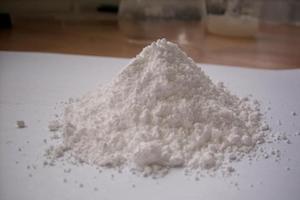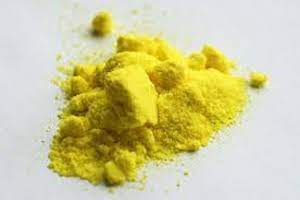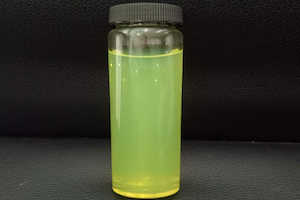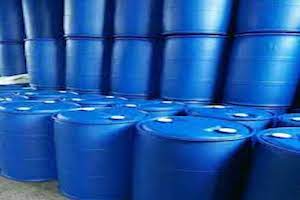The two largest producers of antimony trioxidein the world have ceased production . Industry insiders analyzed that the suspension of production by the two major producers will have a direct impact on the future spot supply of the antimony trioxide market. As a well-known antimony oxide production and export enterprise in China, UrbanMines Tech. Co., Ltd. pays special attention to the international industry information of antimony oxide products.
What it exactly antimony oxide? What is the relationship between its main use and industrial production activities? There are some study findings as below from the team of Technology Research and Development Department of UrbanMines Tech. Co., Ltd.
Antimony oxide is a chemical composition, which is divided into two types: antimony trioxide Sb2O3 and antimony pentoxide Sb2O5. Antimony trioxide is white cubic crystal, soluble in hydrochloric acid and tartaric acid, insoluble in water and acetic acid. Antimony pentoxide is light yellow powder, hardly soluble in water, slightly soluble in alkali, and can generate antimonate.
What is the role of these two substances in life?
First of all, they can be used as fireproof coatings and flame retardants. Antimony trioxide can extinguish flames, so it is often used as a fireproof coating in daily life. Secondly, antimony trioxide is used as flame retardant from early years. In the early stage of combustion, it is melted before other substance, and then a protective film is formed on the surface of the material to isolate the air. At high temperature, antimony trioxide is gasified and the oxygen concentration is diluted. Antimony trioxide play a role in flame retardancy.
Both antimony trioxide and antimony pentoxide are additive flame retardants, so the flame retardant effect is poor when used alone, and the dosage must be large. It is often used together with other flame retardants and smoke suppressants. Antimony trioxide is generally used together with halogen-containing Organic substances. Antimony pentoxide is often used in conjunction with organic chlorine and bromine type flame retardants, and synergistic effects can be produced between the components, making the flame retardant effect better.
Hydrosol of antimony pentoxide can be uniformly and stably dispersed in the textile slurry, and dispersed in the inside of the fiber as extremely fine particles, which is suitable for spinning flame- retardant fibers . It can also be used for flame-retardant finishing of fabrics. The fabrics treated with it have high washing fastness, and it will not affect the color of the fabrics, so the effect is very good.
Industrial developed countries such as the United States researched and developed colloidal antimony pentoxide inorganic in the late 1970s. Experiments have proved that its flame retardancy is higher than that of non-colloidal antimony pentoxide and antimony trioxide. It is an antimony-based flame retardant. One of the best varieties. It has the characteristics of low tinting strength, high thermal stability, low smoke generation, easy to add, easy to disperse, and low price. At present, antimony oxide has been widely used as a flame retardant in plastics, rubber, textiles, chemical fibers, electronics and other industries.
Secondly, it is used as pigment and paint. Antimony trioxide is an inorganic white pigment, mainly used in paint and other industries, for the manufacture of mordant, covering agent in enamel and ceramic products, whitening agent, etc. It can be used as separation of pharmaceuticals and alcohols. It is also used in the manufacture of antimonates, antimony compounds and the pharmaceutical industry.
Finally, in addition to flame retardant application, antimony pentoxide hydrosol can also be used as a surface treatment agent for plastics and metals, which can improve metal hardness and wear resistance, and enhance corrosion resistance.
In summary, antimony trioxide has become an essential item in many industries.









